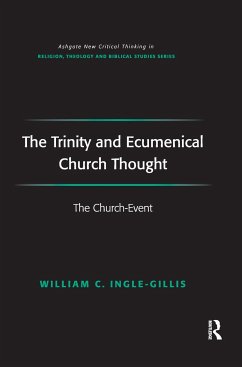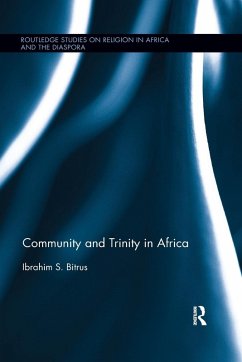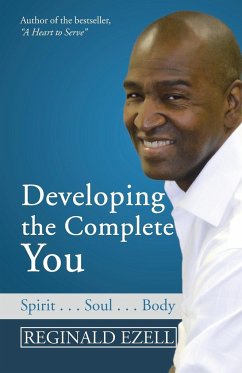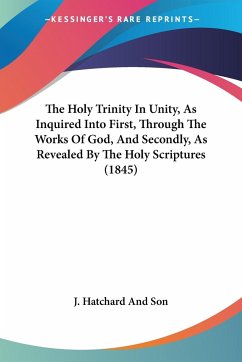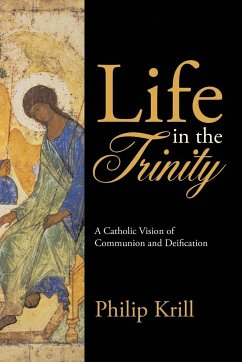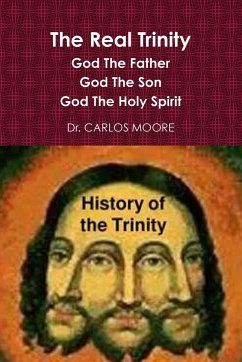
What's Right with the Trinity?
Conversations in Feminist Theology
Versandkostenfrei!
Versandfertig in 1-2 Wochen
55,99 €
inkl. MwSt.
Weitere Ausgaben:

PAYBACK Punkte
28 °P sammeln!
The doctrine of the Trinity poses a series of problems for feminist theology. At a basic level, the androcentric nature of trinitarian language serves to promote the male as more fully in the image of God and as the archetype of humanity, pushing women to the margins of personhood. It is no surprise then that feminist scholarship on this doctrine has often focused on what's wrong with the Trinity, setting out the problems raised by the use of traditional androcentric trinitarian language. This book brings together a discussion of feminist theological methodology with a critical exploration of ...
The doctrine of the Trinity poses a series of problems for feminist theology. At a basic level, the androcentric nature of trinitarian language serves to promote the male as more fully in the image of God and as the archetype of humanity, pushing women to the margins of personhood. It is no surprise then that feminist scholarship on this doctrine has often focused on what's wrong with the Trinity, setting out the problems raised by the use of traditional androcentric trinitarian language. This book brings together a discussion of feminist theological methodology with a critical exploration of the doctrine of the Trinity. Focussing on what's right with the Trinity as opposed to what's wrong with the Trinity, it considers the usefulness of this doctrine for feminist theology today. It replaces a stress on trinitarian language with an emphasis on trinitarian thought, exploring how we might effectively think rather than speak God in light of feminist concerns. In particular, it asks how a trinitarian understanding of God might support, and be supported by, key values which underpin a feminist way of doing theology, specifically values which underpin the methodological use of women's experience in feminist theology. The central argument is that thinking God as Trinity need not serve to reinforce patriarchal values and ideals but may in fact promote the subjectivity and personhood of women.





